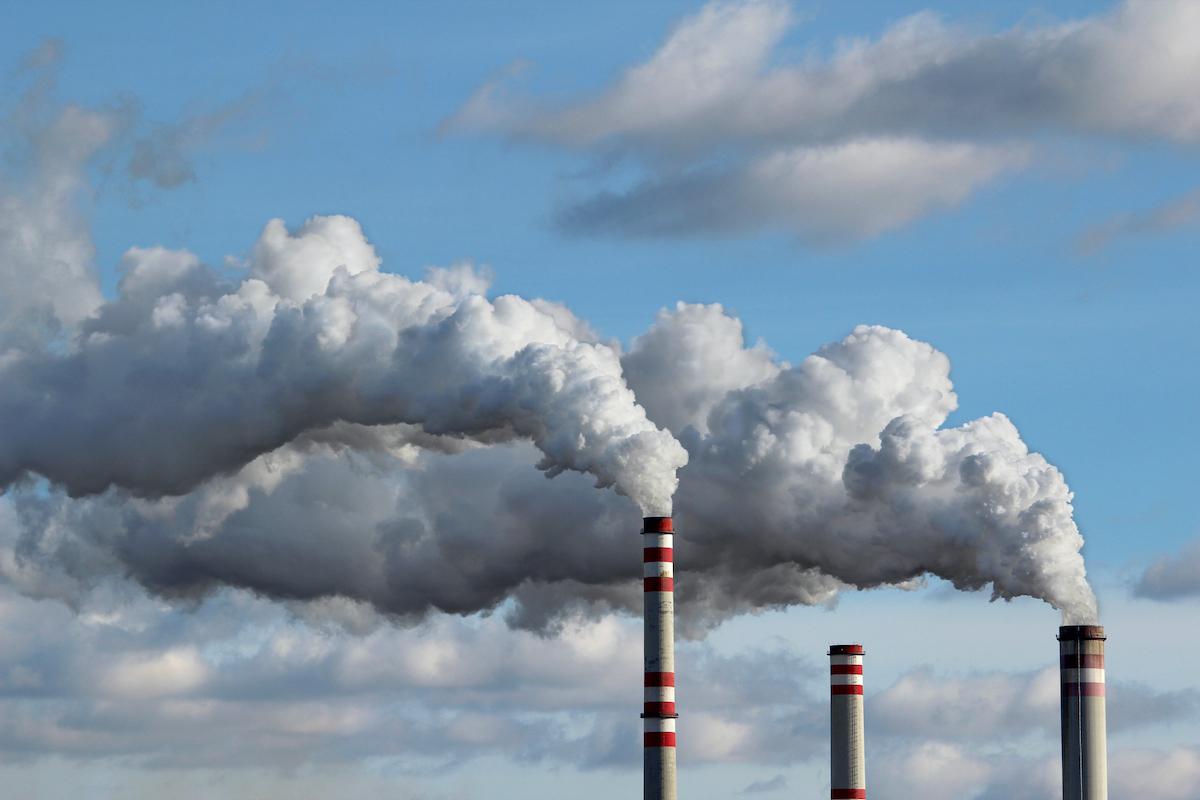How the Climate Crisis Is Affecting Childbirth Outcomes, Especially for Black Mothers
Climate change factors such as air pollution and rising temperatures are causing premature, underweight, and still births — especially for black mothers.
Updated Aug. 18 2020, 2:27 p.m. ET

In the U.S., Black women are three to four times more likely to die in childbirth than white women are, according to the CDC — and on top of racism’s role in that harrowing statistic, new research finds that the climate crisis plays a factor in that, as well. According to a scientific review analyzing dozens of studies spanning millions of births, a number of conditions related to the climate crisis can cause various negative pregnancy outcomes — especially for Black mothers.
The scientific reviews, published on Thursday, June 18 in the JAMA Network Open, analyzed 68 studies (the only ones that met the inclusion criteria out of 1,851 articles the team looked at) published between January 2007 and April 2019, documenting 32.8 million births across the U.S. The researchers Bruce Bekkar, Susan Pacheco, Rupa Basu, and Nathaniel DeNicola observed a significant correlation between two factors that are major parts of the climate crisis — air pollutants (including PM2.5 and ozone) and heat exposure — and pregnant women going into premature labor, delivering underweight babies, and even tragically experiencing stillbirths.
48 of 58 studies (84 percent) across all U.S. regions found that air pollutants caused negative birth outcomes, and 9 of 10 studies (90 percent) found that increased heat exposure also caused negative birth outcomes.

More specifically, exposure to PM2.5 or ozone was associated with an increased risk of premature birth in 19 of 24 studies (79 percent), and low birth weight in 25 of 29 studies (86 percent). The mothers at the highest risk for these factors were those who had asthma (which can be exacerbated by air pollutants) and Black women (as well as women in other minority groups, though to a lesser degree).
“We already know that these pregnancy outcomes are worse for Black women,” co-author Rupa Basu of California’s Office of Environmental Health Hazard Assessment told The New York Times. “It’s even more exacerbated by these exposures.”
The climate crisis affects us all, but it’s clear that minorities are affected by climate change the most. According to a 2011 study via Pacific Standard, non-white Americans breathe 38 percent more NO2-polluted air than white Americans. According to a 2012 NAACP report via Earth Island, 78 percent of African Americans live within 30 miles of a coal-fired power plant, while just 56 percent of white Americans do; 71 percent of African Americans live in areas that violate nationwide air pollution regulations, while only 58 white Americans do; and African Americans are much more significantly affected by asthma — 36 percent more African Americans have asthma than white Americans, and asthma causes three times as many hospitalizations and two times as many deaths for African Americans.
And these statistics are no accident — environmental racism is a very real thing. Coal-fired power plants, factory farms, landfills, toxic waste dumps, and other polluting facilities are often built in or near Black and Brown communities.
For example, as explained by the Food Empowerment Project, North Carolina’s numerous pig farms continually cause air and water pollution across the state, most notably in the form of groundwater nitrates, which is a leading cause of blue baby syndrome — mostly in low-income black and brown communities. More generally, people who live near factory farms are more likely to report eye, nose, and throat irritation, a lower quality of life, and higher rates of depression, tension, anger, confusion, and fatigue, the organization added..
Not to mention, our medical system has a history of doctors not listening to Black women and “[assuming] Black women’s incompetence,” as author Tressie McMillan Cottom put it in her book THICK: And Other Essays, as excerpted by TIME. Serena Williams brought this issue to many people’s attention in a 2018 Vogue profile, where she opened up about medical professionals ignoring her during the ordeal surrounding the birth of her daughter Olympia.
This is why it's important for environmentalists must make sure their fight for climate justice is intersectional and anti-racist. If we're not fighting for those who the climate crisis is hurting the most, we'll never be able to solve it.